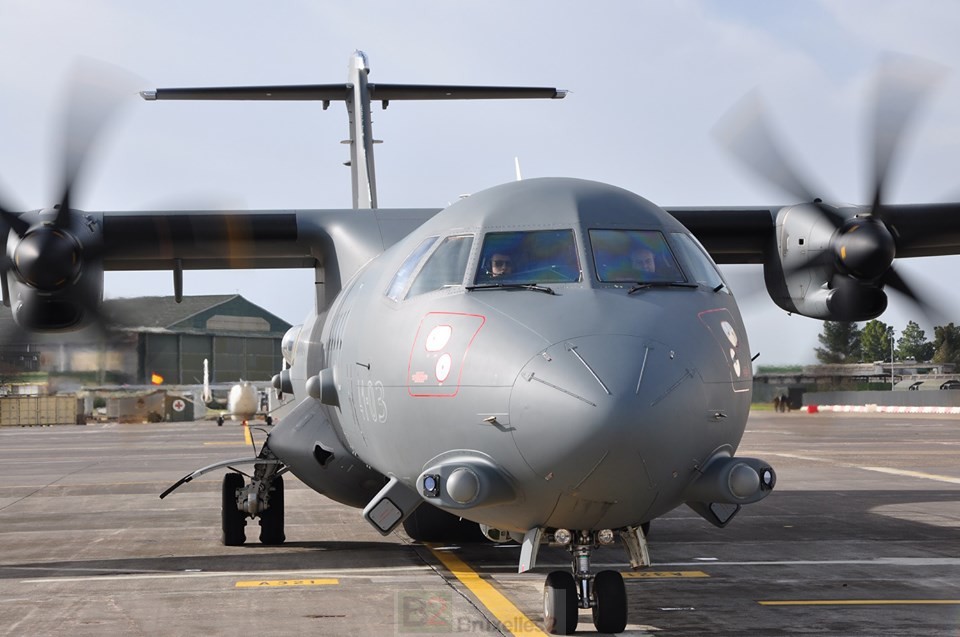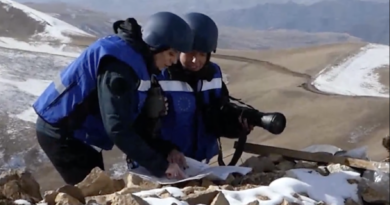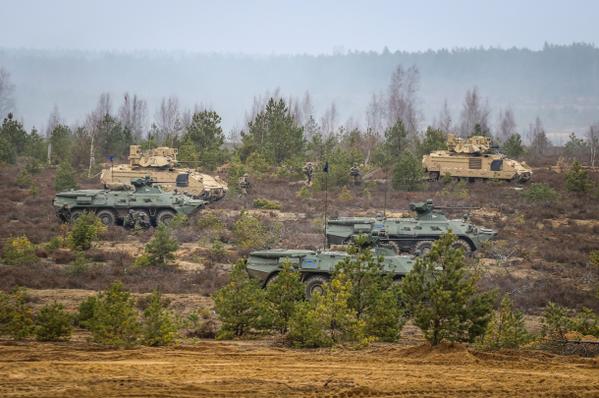Operation Sophia extended for six months, still without naval means
(B2) The European Union formally decided on September 26 to extend for six additional months, until March 31, 2020, the EU maritime operation in the Mediterranean to combat trafficking (EUNAVFOR Med / Sophia). But still without having ships at sea

This decision was expected after the endorsement of the COPS ambassadors on September 12th. It was approved in point A (without discussion) by the Ministers responsible for Industry, who met on Thursday (September 26), in the 'Competitiveness' Council.
Without naval means
« The deployment of the operation's naval assets will remain temporarily suspended. " confirm it communicated of the Council of the European Union. The operation will therefore continue its operation, but in a limited way, having only air means for monitoring the waters off Libya. It also focuses on training Libyan coastguards and sailors. EU member states continue to work " to find " a disembarkation solution we specify on the European side.
A solution still sought on the landing mechanism
The extension of the operation without naval means before September 30 was essential. No solution has been found in the last six months to the problem of the disembarkation of people rescued in Italy and their automatic and rapid distribution to the other Member States. A request, which has become a requirement, of the Italian government, initiated by former Deputy Prime Minister Matteo Salvini (Northern League), but shared more or less by the entire Italian political class. The overthrow of the government, with the arrival of the Democratic Party in power, alongside the 5 Star Movement, changed the situation and the atmosphere. Initiatives have multiplied in recent weeks to find a solution (read: Rescues and landings: one more step towards an agreement). European officials have given themselves until the end of the year to find a solution.
Six months not three months
Originally one of the options present was to extend the operation for only three months (read our confidential: Operation Sophia could be renewed for a few months without ships). But " this period was considered very short to find a solution and formalize it a European diplomat told B2. Not to mention the practice. Moreover, with the onset of winter making sea travel aboard small canoes very difficult, naturally reducing the number of departures from Libya and arrivals on the coasts, there was no emergency in itself. The option of a six-month extension was therefore chosen, thus avoiding returning to the subject before the end of the year. But, if a solution is found, it will be possible, at any time, to return to a naval presence continues our interlocutor. It is enough for the ambassadors of the COPS (Political and Security Committee) to decide so. The mandate, in itself not being modified, the decision can be " taken quickly as soon as a political solution is found.
Resources on alert
On the operation side, we assure that we have the means to quickly put ships back into action. " We have asked Member States to detain vessels within 14 days to allow for a possible maritime response if necessary and for the PSC to decide so confirms an officer of the operation. According to our information, two or three ships could thus return to sea within this period. But the contributing countries on the maritime level can be counted on the fingers of one hand. And it already seems certain, according to our own analysis, that it will be Italy, or even Spain, which could provide naval means in such a short time. There is a certain lack of appetite from the Member States. The last generation conference on April 30 in Brussels was not crowned with success. " The increase in reconnaissance and surveillance (ISR) means could not be completely filled acknowledges laconically one of the military officials of the operation. Only one additional means, a maritime patrol aircraft with 50 flight hours per month was made available to the operation ».
(Nicolas Gros-Verheyde)




